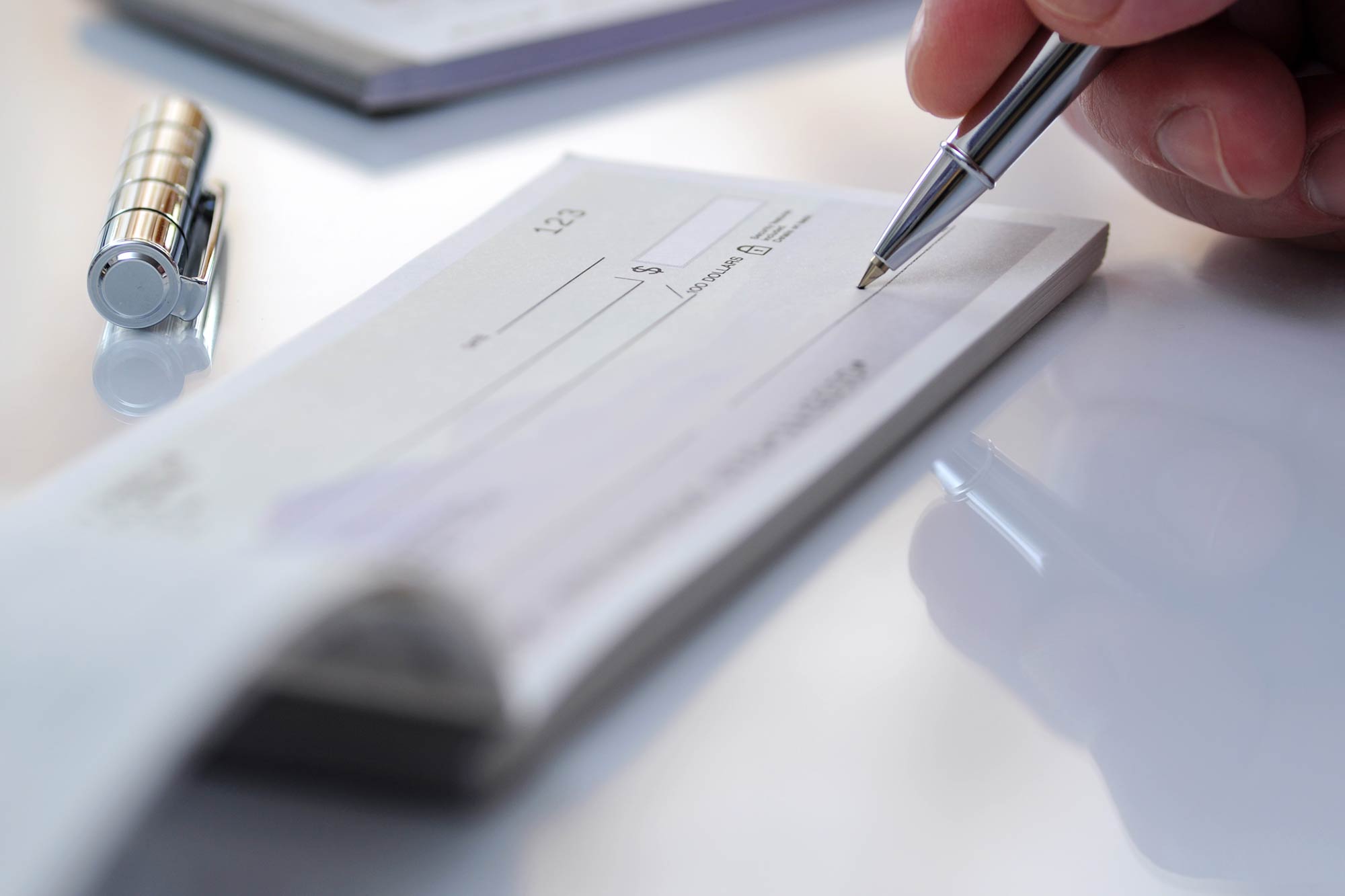Have you ever tried to deposit a check, but the funds took some time before landing in your account? It may be frustrating, especially if you don’t have a clear understanding of why this is happening. We’re here to help you understand why your check may have a hold and what you can expect.
What is a hold?
A financial institution will sometimes place a temporary hold on a check when it is deposited into one of their accounts. This is done so the institution can verify that the funds on the check are available and access the funds, which can take longer than you might think. Once the hold period is done, the funds are released into the account.
Why might there a hold on my check deposit?
The main reason that your financial institution may put a hold on your check is to ensure the check will clear and that the funds are available. This could happen if the check is written for a large amount or if the check is from out-of-state. Some institutions will have a policy of placing a hold for new accounts or accounts with a negative history of recurring overdraft or bounced checks.
How long does a hold last?
The duration of the hold will depend on your financial institution and their policies. Typically, a hold on your check can last anywhere from two to ten business days, but it depends on the type of check. You should verify with your bank or credit union on what their hold policy is so you can be prepared ahead of time.
Can you prevent a hold?
While your financial institution may make some exceptions and override a hold, you typically cannot prevent a hold being put on your check if it falls under their policies.
There are some things you can do to help ease the inconvenience of the check holds, or even make your account less likely to receive them. First, building a positive history with your checking account can help you avoid any holds associated with negative transactions, like those consistent account overdrafts and returned checks. Additionally, building up a safety net of funds in your account can give you some wiggle room while waiting for the funds to be released.
Are there specific types of checks that are more prone to holds?
There are certain types of checks that are more likely to receive a hold from your bank or credit union, including those associated with specific accounts.
- Large Checks: Checks that are for a large amount are more likely to receive a hold so that your financial institution can verify the availability of the funds and access them.
- Out-of-State Checks: Checks that come from another state will take longer to verify and to receive the funds.
- Insurance Settlement Checks: Insurance settlements are prone to disputes, so it’s common to receive a hold as the settlement is either confirmed or disputed.
- Accounts with Negative History: Accounts that have had risky behavior may be more prone to check holds as financial institutions want to protect themselves and their members
- New Accounts: Accounts that don’t have any history with their bank or credit union may experience holds.
While it can be frustrating to have to wait to access funds from a check deposit, remember that your bank or credit union is doing it not only to protect themselves, but also to protect you as their members. For more help in understanding the different parts of a check, be sure to visit our helpful guide.



